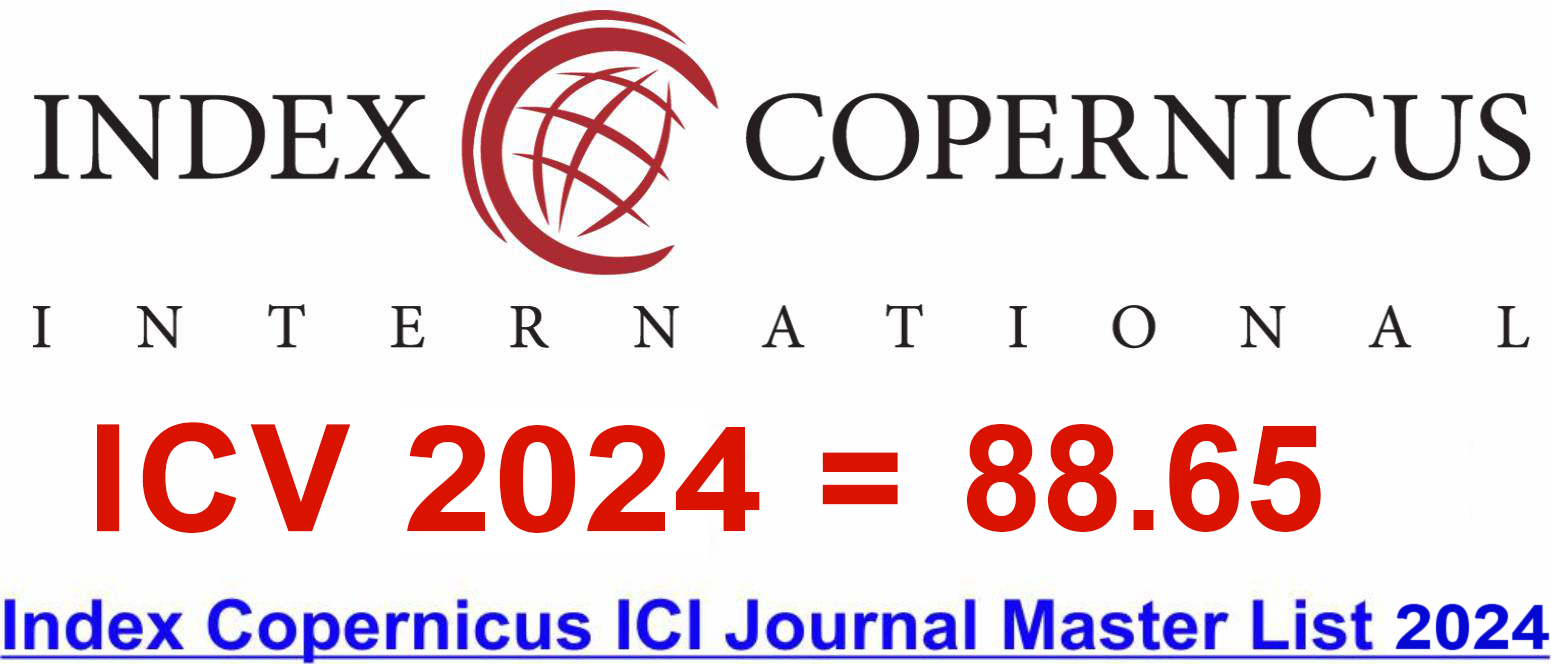Abstract
Consumers' increased focus on sustainability is evident in the current marketing scenario, prompting businesses to align their branding and marketing strategies with eco-friendly offerings. This practice has helped many companies build consumer trust. However, many companies are misusing sustainability values and making misleading and unsubstantiated claims about the environmental benefits of their products. This trend is known as Greenwashing. This study aims to identify the prevalence and impact of greenwashing on consumers’ psychology and behaviour in purchase decision-making. It tries to investigate the influence of greenwashing on creating consumer confusion vs. consumer trust. For the purpose of the study, multiple variables are examined, such as consumer attitudes, confusion, trust, knowledge about environmental issues, and the presence of third-party certifications and authentications. This paper utilises a mixed-methods approach; the primary data is collected through a structured questionnaire, and 124 responses are recorded. It is combined with secondary data collection from existing literature, environmental reports, and companies’ sustainability claims. The findings suggested that greenwashing negatively affects consumer psychology and behaviour. Authorities and policymakers play a crucial role in devising practical tactics to counter false sustainability claims. This study is significant for fostering ethical marketing practices, empowering consumers to make informed decisions, and encouraging businesses to set sustainable goals and ensure corporate accountability.
References
- Dahl R. Green washing: Do you know what you're buying? Environmental Health Perspectives. 2010 June;118(6):A246–A252.
- Delmas MA, Burbano VC. The drivers of greenwashing. California management review. 2011 Oct;54(1):64-87.
- Leonidou CN, Skarmeas D. Gray shades of green: Causes and consequences of green skepticism. Journal of business ethics. 2017 Aug;144(2):401-15. https://doi.org/10.1007/s10551-015-2829-4
- Lyon TP, Maxwell JW. Greenwash: Corporate environmental disclosure under threat of audit. Journal of economics & management strategy. 2011 Mar;20(1):3-41. https://doi.org/10.1111/j.1530-9134.2010.00282.x
- TerraChoice Environmental Marketing Inc. The seven sins of greenwashing: Environmental claims in consumer markets. Summary report: North America, April 2009 [Internet]. Ottawa (ON): TerraChoice Environmental Marketing Inc.; 2009 [cited 2025 Jul 16]. Available from: http://www.signsofgreenwashing.org
- Kongjue Z, Yuxiang Z. Ethical leadership and corporate social responsibility: a comprehensive review. International Journal of Advances in Business and Management Research (IJABMR). 2024 Mar 12;1(3):1-7. https://doi.org/10.62674/ijabmr.2024.v1i03.001
- Szabo S, Webster J. Perceived greenwashing: the effects of green marketing on environmental and product perceptions. Journal of business ethics. 2021 Jul;171(4):719-39. https://doi.org/10.1007/s10551-020-04461-0
- Chang C. Feeling ambivalent about going green. Journal of Advertising. 2011 Dec 17;40(4):19-32. https://doi.org/10.2753/JOA0091-3367400402
- Chen YS, Chang CH. Greenwash and green trust: The mediation effects of green consumer confusion and green perceived risk. Journal of business ethics. 2013 May;114(3):489-500. http://dx.doi.org/10.1007/s10551-012-1360-0
- Nguyen TT, Yang Z, Nguyen N, Johnson LW, Cao TK. Greenwash and green purchase intention: The mediating role of green skepticism. Sustainability. 2019 May 9;11(9):2653. https://doi.org/10.3390/su11092653
- Shuchen Z. Government Expenditure on Economic Growth: Empirical Evidence from Ghana. International Journal of Advances in Business and Management Research (IJABMR). 2024 Jun 12;1(4):27-41. https://doi.org/10.62674/ijabmr.2024.v1i04.004
- Rahman I, Park J, Chi CG. Consequences of “greenwashing”: Consumers’ reactions to hotels’ green initiatives. International Journal of Contemporary Hospitality Management. 2015 Aug 10;27(6):1054-81. https://doi.org/10.1108/IJCHM-04-2014-0202
- Mohr LA, Webb DJ. The effects of corporate social responsibility and price on consumer responses. Journal of consumer affairs. 2005 Apr;39(1):121-47. https://doi.org/10.1111/j.1745-6606.2005.00006.x
- Burbano VC, Delmas MA, Cobo MJ. The past and future of corporate sustainability research. Organization & Environment. 2024 Jun;37(2):133-58. https://doi.org/10.1177/10860266231213105
- Van Langen SK, Vassillo C, Ghisellini P, Restaino D, Passaro R, Ulgiati S. Promoting circular economy transition: A study about perceptions and awareness by different stakeholders groups. Journal of Cleaner Production. 2021 Sep 20;316:128166. https://doi.org/10.1016/j.jclepro.2021.128166
- Montgomery AW, Lyon TP, Barg J. No end in sight? A greenwash review and research agenda. Organization & Environment. 2024 Jun;37(2):221-56. https://doi.org/10.1177/10860266231168905
- Paramitha V, Tan SZ, Lim WM. Undoing greenwashing: the roles of greenwashing severity, consumer forgiveness, growth beliefs and apology sincerity. Journal of Product & Brand Management. 2025 Apr 10;34(4):433-49. https://doi.org/10.1108/JPBM-11-2023-4846
- Gao L, Li G, Tsai F, Gao C, Zhu M, Qu X. The impact of artificial intelligence stimuli on customer engagement and value co-creation: the moderating role of customer ability readiness. Journal of Research in Interactive Marketing. 2023 Mar 21;17(2):317-33. https://doi.org/10.1108/JRIM-10-2021-0260
- UL Solutions. Sins of greenwashing [Internet]. Northbrook (IL): UL Solutions; [cited 2024 Dec 16]. Retrieved from: https://www.ul.com/insights/sins-greenwashing















